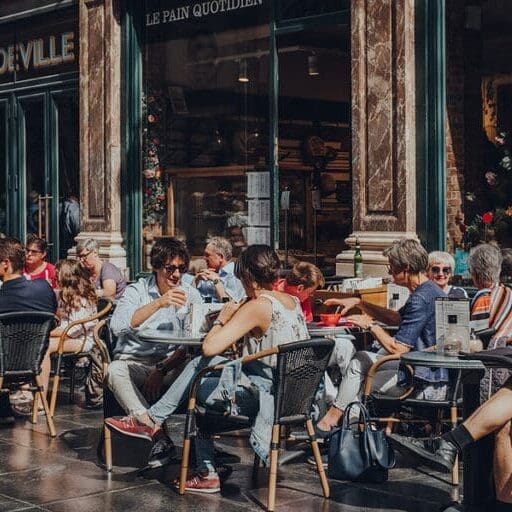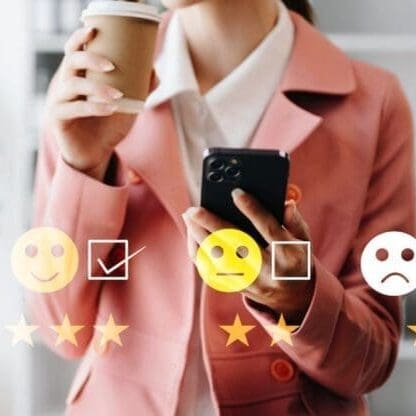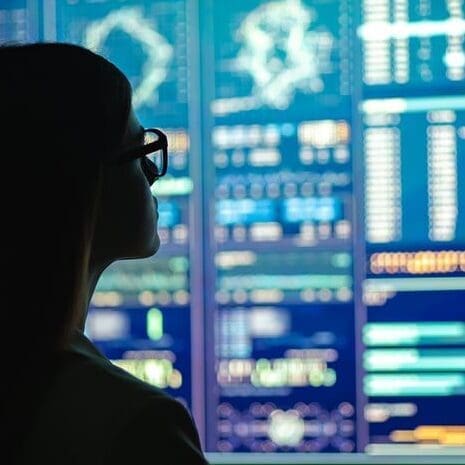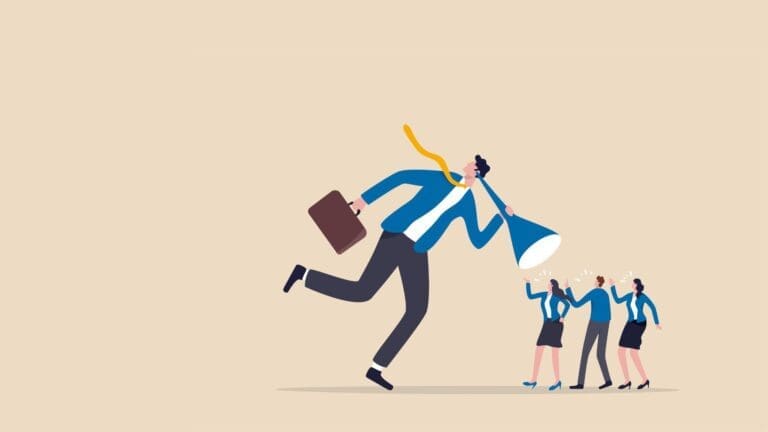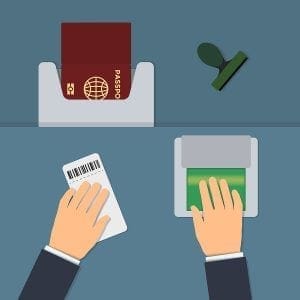 “The staff had absolutely no regard for safety precautions, no one was wearing masks!”
“The staff had absolutely no regard for safety precautions, no one was wearing masks!”
“The prices were too high for no amenities. There was no room service or fresh towels when we went out for the day, which is fine, but it should cost less because of that.”
“The TV remote, which is generally thought of as the most disgusting thing in hotel rooms, was greasy. I don’t even want to know what else wasn’t cleaned in the room. Wouldn’t recommend it.”
“We stayed two nights here and it was scary. The service, the staff… with the ongoing pandemic, you’d think they would put more effort into the cleaning and precautions.”
Does any of this sound familiar? The recent pandemic has shifted the consumer mindset when it comes to travel. People have a heightened sensitivity around cleanliness and safety, and some have not yet adapted to the operational changes hotels have had to make to ensure a safe environment for guests. This has resulted in an influx in negative online reviews left by disappointed customers. We all know that negative reviews can make or break your hotel’s reputation. This pandemic has made the hospitality industry more vulnerable as it’s trying to recover.
The importance of online reviews has become an industry standard. According to a November 2019 Statistica survey, over 82% of the people said that negative reviews make them less likely to book or visit a hotel. Considering that four out of five travelers frequently read online reviews before booking a place to stay (TripAdvisor 2019,), it is no surprise that negative reviews can have a significant impact on your hotel.
During this pandemic, hoteliers have been struggling to find a balance between operating a business and ensuring that guests feel safe during their stay. There are guests who think you are not doing enough and others who think the new standards are overkill. As a business owner, it is important for you to err on the side of caution- not only for your reputation, but also for liability. Ensure your guidelines are up to date with the most recent local health and safety protocols for businesses to practice.
It is important to understand that people who are traveling during this pandemic are well aware of the risks and may not be overly concerned with complying, they may expect hotels to provide services just as before the lock downs began. If you are considering the safety of your staff first and doing everything you can to ensure that, some guests will think the behavior as paranoid, even if it is justifiable. Conversely, if you are not doing most expected practices, like social distancing, they may call you careless. Either way can result in negative reviews:
“Safety precautions and staff wearing PPE made me feel like everyone there had leprosy.”
“The staff had no regard for COVID 19. My husband and I were the only customers who wore masks.”
It is understandable that the reviews posted during the pandemic can be skewed – as all hotels are doing their best to cope with the times. Still, there are some measures you can take to minimize negative reviews, improve customer service, and handle negative reviews if they are inevitable. The priority is to adapt your hotel operations to the ‘new normal’.
1. Prioritize cleanliness and hygiene at your hotel
Dirty rooms are never good, but during a pandemic, they are definitely unacceptable. If you are a branded property, lean on the brand as a resource. Many brands have created enhanced cleaning protocols to ensure that hygiene and cleanliness are priorities. This includes increased times to clean and sanitize rooms, using specific vendors for cleaning supplies, and technology such as UV disinfection solutions and sanitizers. All of these tactics will give a clear indication to your guests that their safety is your top priority.
2. Enhance safety measures for guests and staff
In an industry where face to face interaction is a must, hotels have been continuously adapting, limiting this interaction for the safety of their staff and guests. Some examples include contactless check-ins and services, keyless room entry and plexiglass barriers help to minimize personal contact. Masks, sanitizers and wipes can be supplied by the front desk. These practices would create an impression of safety and care.
Without effectively tackling the ‘new norm’, the hospitality industry cannot recover. Innovative contactless services through the use of technology and mobile applications are a great step forward. If your hotel has food and beverage, your staff should be especially vigilant. Frequent temperature checks, frequent handwashing and PPE should be utilized daily to ensure staff stay healthy and minimize the spread.
3. Encouraging budget-friendly travel and adapt to change
COVID-19 has negatively impacted the entire global economy- resulting in job losses, furloughed employees and businesses shutting down permanently. This has a direct effect on the affordability of travel for both leisure and business. While the influx of travelers has diminished since before the pandemic, people who do travel are on fixed budgets. Encouraging budget-friendly travel through promotions or packages can help improve travel experiences during these trying times.
The “new normal” has resulted in many changes for travelers. Guests may no longer enjoy amenities like the pool, buffets and spa treatments, which prior to the pandemic, were enjoyed by all guests. Hoteliers will have to get creative to give their guests a similar experience. Grab and go breakfast or snack packs, local partnerships with restaurants, eco-tourism attractions and parks can help fill the void of lack of amenities,
4. Responding to reviews
Despite your best efforts, negative feedback is inevitable. Hoteliers need to be vigilant and use a professional and unbiased approach to help reduce negative reviews.
It is critical to have a good online reputation during this pandemic. Many people are hesitant to travel and will be very critical of any property before they book. Reviews will be a key factor, and responding to reviews is not optional if you want your hotel to stand out in this market. A TripAdvisor study revealed that 90% of potential guests believe a hotel that responds to reviews cares more about its customers.
It is hard to predict when the pandemic will be over. The only way to keep our industry moving forward is to adapt to the new norm. This means adopting precautionary measures while doing our best to keep businesses thriving. This is the only way we can evolve and grow the hospitality industry from the devastating toll it has taken in 2020.


